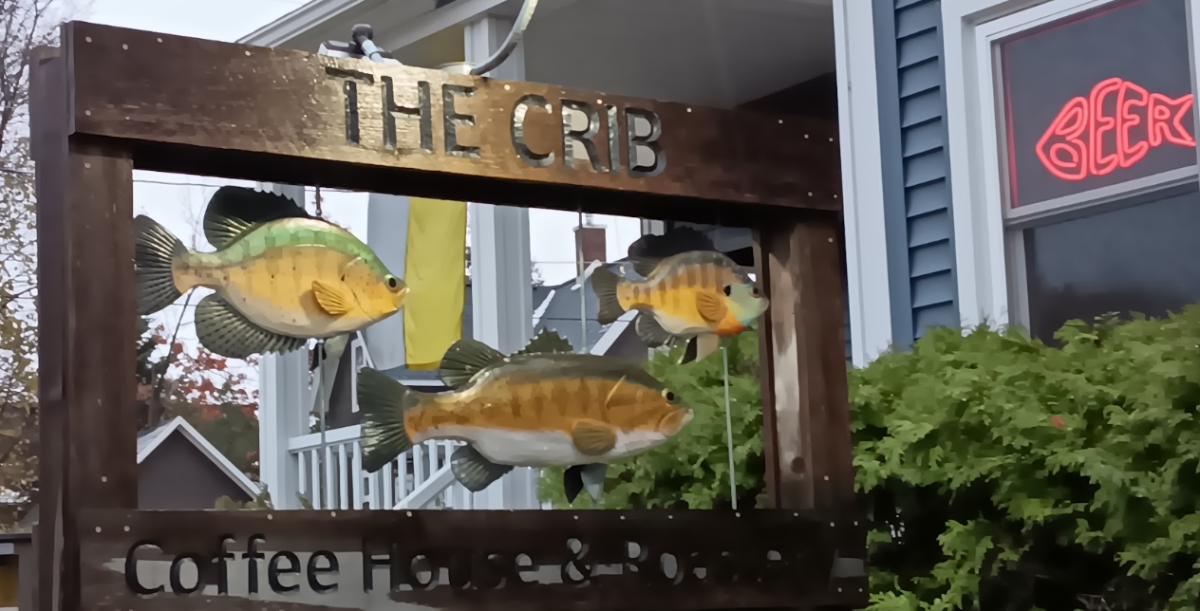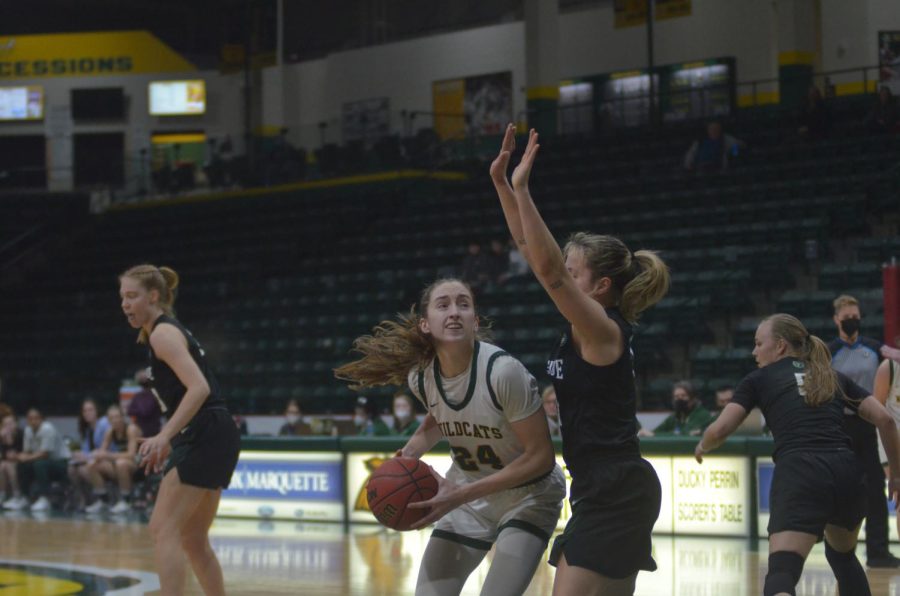Is Title IX training (for on-campus assault investigations) promoting unscientific assertions that could bias investigations? Is the foundation of that training sound, or does it lend itself to potential violations of due process? After 10 years of researching the abusive junk science of regressive memory therapy (that often circumvents due process), I was disappointed to read about similar pseudoscience interjected into sexual assault training, this time on some campuses through Title IX.
I contacted NMU’s Title IX Coordinator, Janet Koski, who said, “When investigating allegations of sexual misconduct, the university strives to provide a fair and equitable process for all individuals involved that is consistent with federal law and guidance, and the university’s sexual misconduct policy. NMU also strives to determine facts and assess the credibility of the witnesses in each investigation and to provide due process to both the complainant and respondent.”
Her department had a very informative display recently on NMU’s campus with many handouts for students regarding sexual assault; however, according to numerous articles about Title IX, all campuses are not on board with facts. The Association of Title IX Administrators issued a position statement last month on “Trauma-Informed Training and the Neurobiology of Trauma,” warning that training for the field is going in an “unhealthy direction.” That same “direction” has been exposed for years in books, documentaries, news stories and court transcripts, crying for help to stop bad theories that emotionally and mentally harm.
The continued efforts fall on deaf ears, as the falsely accused unsuccessfully battle similarities behind current training trends. It is disheartening. Given proof of errors in more recent false allegation-related exonerations, the problem warrants a thorough investigation.
In a 2017 Atlantic article titled “The Bad Science Behind Campus Responses to Sexual Assault,” Emily Yoffe writes, “Rebecca Campbell, a professor of psychology at Michigan State University, has taught the science of trauma to law-enforcement officials and Title IX administrators,” though Campbell “acknowledged that she is not a neuroscientist, but rather is translating others’ work.”
Considering past decades of therapy abuse and its supposed “science,” bad law enforcement training, courts presented trauma misinformation, wrongful convictions and the destruction of families and children, Campbell’s information should be inclusive of scientific evidence admissible in court. Even award-winning, expert witness and memory researcher, Elizabeth Loftus weighed in on the “trauma” terminology, saying that it “[s]ounded disturbingly like a return of ‘recovered memory’ theory, with some neurobiology thrown in ‘to give luster’ to the argument,” Yoffe wrote.
If this problem is not corrected everywhere, then the accused can kiss due process or any hope of an unbiased investigation, good-bye, notwithstanding potential harm endured by already vulnerable accusers. They are not too dissimilar to psychologically-controlled memory therapy patient-victims, also vulnerable to suggestion, the crux of “trauma investigations.”
Regrettably, Yoffe’s comment regarding memory therapy abuse, “The frenzy eventually burned out . . .” is misinformation; there was never a “burnout.” License boards and legislators will not regulate theory diagnosing, allowing for insurance reimbursement and state funding; therefore, if the trend continues with trauma investigations, the potential is real, not manufactured, that damages to accusers could mimic the repressed memory false claims that have bilked billions from insurance companies and untold amounts from state funding. Reflecting on junk science history (1980s and 1990s satanic panic era) regarding incorrect interviewing (preceding social workers’ theory beliefs) criminal justice courses could counter the problem with facts.
The newer trauma theories find origin with the “Start by Believing Campaign,” according to Lexi Lonas in an article titled, “Title IX professionals warn colleges to be wary of ‘trauma-informed’ ideology.”
Fortunately, the emotionally powerful, yet misplaced “neurobiology of trauma” found challenge this time around by the Center for Prosecutor Integrity, the article reads.
“Regarding the ‘center,’ ‘The impacts of trauma on memories and recall are widely variable,’ the rebuttal reads: It is possible for trauma to cause vivid memories, no memories, distorted memories or incorrect memories.”’
The refutation came following investigations into this statement: “Trauma leaves tracks on its victims. It is very difficult to fake or ‘act’ the sorts of symptoms [of trauma]. When someone displays these symptoms, this alone is evidence that they have been victimized,’” according to the article.
The real “tracks” are factual, encompassing emotional harm and wrongful convictions when unsupported theories are spread through training. Protecting students is the goal. Report all assaults with fairness in mind, but seek policy change to protect the vulnerable from theories that harm.
Joan Roberts is a criminal justice major and a victim advocate.



























